
Kevin O’Leary: Pride Campaign Devastating for Target
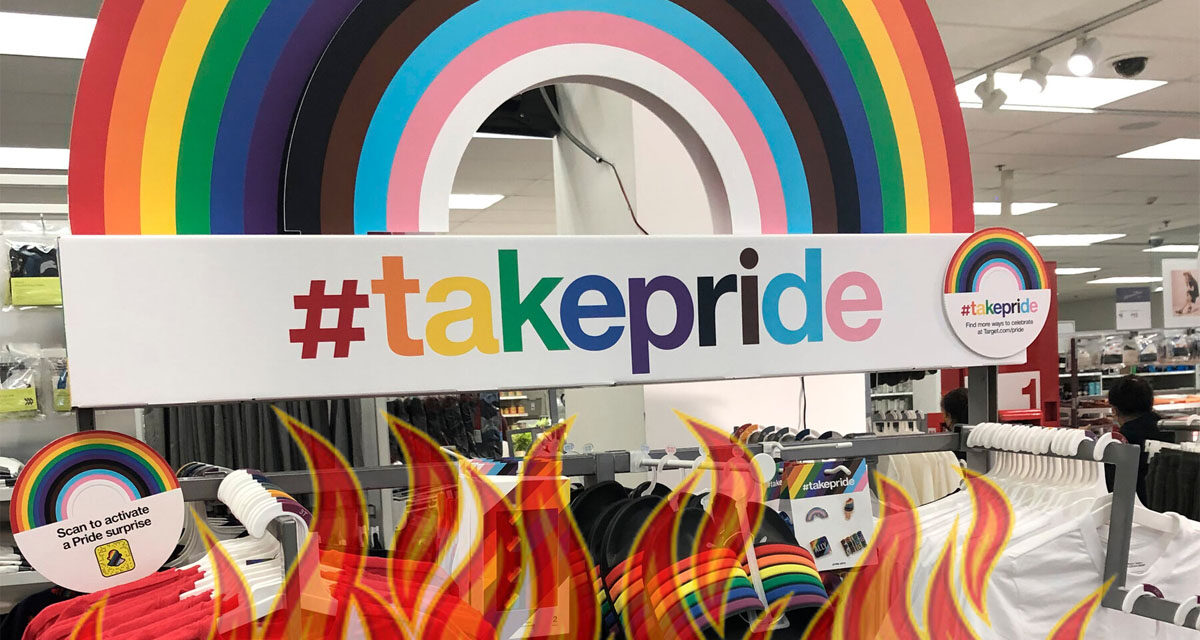
In a stunning turn of events, retail giant Target has experienced a market cap loss of nearly $15 billion, causing corporate boards across America to reevaluate their approach to social controversies. Investor and “Shark Tank” star Kevin O’Leary warns that this wake-up call should serve as a lesson for CEOs and executives in understanding the delicate balance between societal mandates and their fiduciary responsibilities to shareholders.
Target’s stock price has continued to decline for nine consecutive days, triggered by the backlash over its Pride merchandising campaign. The company’s shares fell 2.2% on Wednesday, contributing to a cumulative 17% decrease over the past nine days. Concerns about sales decline and the alienation of core customers have caused apprehension among investors, who fear a prolonged impact on profitability.
The $13.8 billion loss in market value over the past two weeks has pushed Target’s stock to its lowest level in almost three years. Wall Street analysts worry that the company may face a fate similar to that of Anheuser-Busch, where sales dropped by more than 25% after partnering with a transgender influencer. While analysts expect the situation to eventually become an afterthought, they caution that sales could suffer for the next nine to twelve months.
The downfall of Target’s market value can be traced back to the controversy surrounding its Pride merchandising campaign. The company found itself embroiled in a social scandal that led to nationwide outrage. O’Leary emphasizes that the future of corporate America will witness a significant shift in how businesses handle sensitive issues, questioning the processes that led to Target’s unprecedented decline.
The delicate balancing act faced by companies lies in their desire to demonstrate support for diversity and inclusivity, in line with societal discussions. However, from an investor’s perspective, O’Leary highlights the concerns of customers, employees, and shareholders who fear that companies might be deviating from their primary objectives. The market has shown that straying too far from this mandate can result in severe consequences, awakening corporate boards to the need for change.
One crucial aspect that O’Leary emphasizes is the underestimated power of social media. Target’s rapid decline was amplified by the lightning speed at which news of their behavior spread through viral word-of-mouth. Corporate boards must recognize this new reality and proactively shape their message before it reaches the uncontrolled realm of social media. O’Leary suggests the creation of a communications/media committee to advise boards that may not fully comprehend the risks inherent in today’s instantaneous communication landscape.
To illustrate the potential risks of mishandling sensitive issues, O’Leary points to Anheuser-Busch’s experience. The company, renowned for building Bud Light into America’s top-selling beer over decades, saw its brand crumble within a mere 32 hours after partnering with transgender socialite Dylan Mulvaney. This cautionary tale highlights the need for diversity officers on corporate boards while emphasizing the importance of their decisions and the risks they pose to the company.
Despite the backlash faced by Target and the financial repercussions it endured, O’Leary doesn’t foresee a significant pushback against diversity officers. He believes that ship has sailed. However, he stresses that boards must scrutinize the actions and appropriations of these officers, as the power of uncontrolled social media can significantly impact a company’s fortunes. Losing $11 billion in market capitalization leads to discontented investors, and their concerns must not be taken lightly.
In a parallel development, Elon Musk has predicted potential class-action lawsuits by Target shareholders following JPMorgan’s downgrade of the company’s stock. These predictions serve as a reminder that the fallout from controversial decisions can extend beyond market losses, leading to legal consequences.
Target’s leadership is now facing mounting pressure to address the crisis and take decisive action to regain the trust of customers and investors. With the company’s stock at a three-year low and ongoing concerns about the impact on sales, the board of directors must implement a comprehensive strategy to rebuild their brand and repair the damage caused by the controversy. Transparency, open communication, and a renewed focus on customer satisfaction will be essential elements in Target’s recovery efforts. Only time will tell if the retail giant can bounce back from this setback and restore its position as a trusted and successful brand in the marketplace.
https://www.foxnews.com/media/targets-stunning-15b-collapse-warning-ceos-shark-tank-star


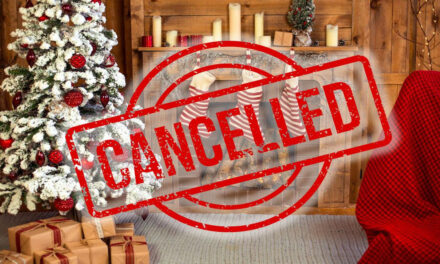


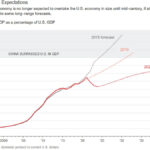


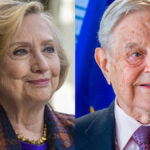


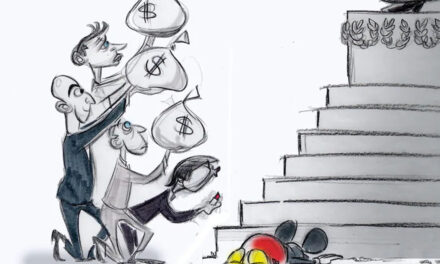
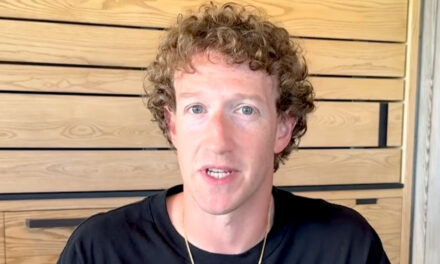


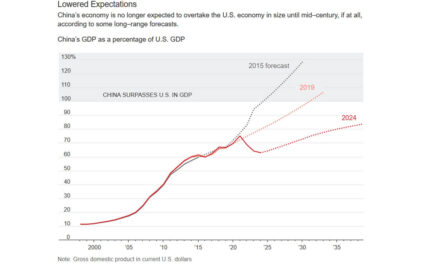
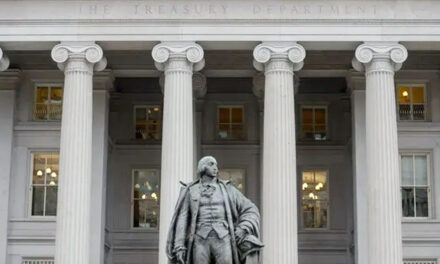
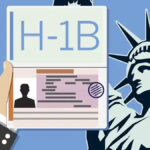






May you be born in interesting times….that old Asian curse….
Yes, Target is under stress. So is Disney, InBev (AB), Hamburger Mary’s, Jack Daniels, and more. It’s fashionable to the right to boycott based on perceived woke affronts. Vote with your wallet is as American as Sam Walton is money to China. And we will see where the boycotts go, but none are the same. Bud is a fungible product that can be replaced easily. Plus, it’s demographic is heavily weighted to the affronted people. Plus they are foreign owned. Frankly, Bud was a major client for me, met a number of family members when they still held it, and I hated the stuff. Not to mention I am Slovakian so I know what original Budweiser tastes like and it certainly ain’t the piss American Bud is. So, yeah, let it die, and the real Budweiser can take over.
Yet, the lunacy of the boycotters seems misplaced and unbounded. Who primarily gets hurt first in a boycott? It depends, but pretty sure it’s the folks on the line producing the stuff, delivering the stuff, followed someday by the US advertising decision makers, maybe. But US corporate, good luck, and InBev Belgium mega-corporate — no way. Second, what of your alternatives? Coors, aka Molson, aka Canada — unwoke? you think? “To guide our employees in their diversity, equity and inclusion journey, we are proud to provide DEI workshops, e-learnings and ample resources for our employees” says the DEI strong company….. Oh yeah, they own Miller too and they are sending their troops to woke class…….heh heh
Even Yuengling says: “Diversity is an ongoing area of concern in both our program and the industry at large, and we hope to continue progress on this issue by creating opportunities for underrepresented groups with these scholarships and Yuengling’s support.” So, not as advanced as Coors/Molson/Miller, but still OK for me to factory visit on my annual journey to Hinklefest, the best chicken festival in the land, and thank God for YL; the festival is dry, YL is nearby so my biggest question is which comes first, the chicken or the beer!
And lastly there’s modelo which for the US is US owned but the world of modelo is owned by inBev, so all roads tend to lead back to the parent company as in the boycott did not cost Inbev as much with the modelo increase.
So the boycotts basically rob from one diversity-supporting beer and transfer that wealth to another diversity-supporting beer company, sometimes even back to the target company. And frankly, thinking about the manly bud-boys snuggling up to a peace-love-woodstock Coors is a picture that never gets old.
With Disney, it’s more complex, they were sliding well before Ron the Destroyer came on the scene, and unlike some here, I can see the books are OK for USA, problem in streaming is more India than US, by far, and the biggest money maker, the Parks are doing great. Overall, Revenues are up 13% and 10% for first and second Q’s, 2023. Parks are up close to 20%. Are they out of the financial woods? No. The market has hated them and punished them harder for other reasons. Is the boycott affecting them: does not appear to be. Unlike Bud, Disney’s fungibility is much lower. Hard to find suitable alternatives no matter what your politics are.
Target, not as complex as Disney, but not as fungible a product as Bud. Target targets Walmart shoppers looking for something better. I guess you can call that petite-snob-appeal. Their stores are more open, less jumbled, and products might have a tad better quality, and style. Certainly people can just go to Walmart, but Target has a loyal customer set that may be more difficult to budge than Bud. Book-wise, they look to have a good sized hurt on, like not this bad for over three years, but will it last is the question. A few trips to Walmart may send people running back to that red-dot service….. Time will tell. Plus they are a value stock with over a 3% dividend which will add support. As in I am looking and hoping for a bit more drop because retail is flighty to begin with. Their drop is not a shocker in retail, they know how to handle it, and, if needed, they will just fire the same people who support the boycott while retaining most of the elites at corporate. Tis the way of the world, be careful what you ask for when you boycott because it’s the little people who feel the first pangs of unemployment pain. Probably some stock risk still, but if the price keeps dropping, they will look less risky as I don’t expect the boycott to sink Target.
Bottom line: bud could be damaged, but if so, it’s because they were bad beer, not because they support queer. Disney will be fine, and Target probably — and may be the better buy than Disney cuz of the dividends. But even if Bud goes, they will just be back either under new, unwoke (wink, wink) management OR as a new brand altogether. The major pain in all this will be felt by the little people, like the ones working the line or driving the trucks.
I applaud people voting with their wallets, just wish I could support the reason, which I can’t.
…that huge meaningless word salad is hilarious. If you were correct, there would be no multi-billion dollars losses for any of these companies, Bed, Bath & Beyond would still be in business, The NBA would still be bringing in viewership in the tens of millions, rather than the paltry 1.8 million for regular season games, and they would certainly bring in more than their 6-8 million viewers for the playoffs. Just a couple of decades ago, The NBA was bringing in 30 million viewers for regular season games. Now…the game is boring, the stars are Thugs and very few want to watch them. If what you said was true, Disney wouldn’t be firing CEO after CEO, losing billions in revenue and market value…or having to terminate thousands of people. If what you say is true, The Academy Awards, Grammy’s and other award shows would still be bringing in huge ratings, but no one wants anything to do with their lies. If what you say it true, hundreds of millions of people would not be cutting the cord and canceling their cable subscriptions…and they would not have record low ratings year after year for The Superbowl. Even the fake (P)resident couldn’t get more than a dozen people at a rally, but allegedly received 81 million votes? People know when they are being screwed, and your word salad is just a bunch of lies.